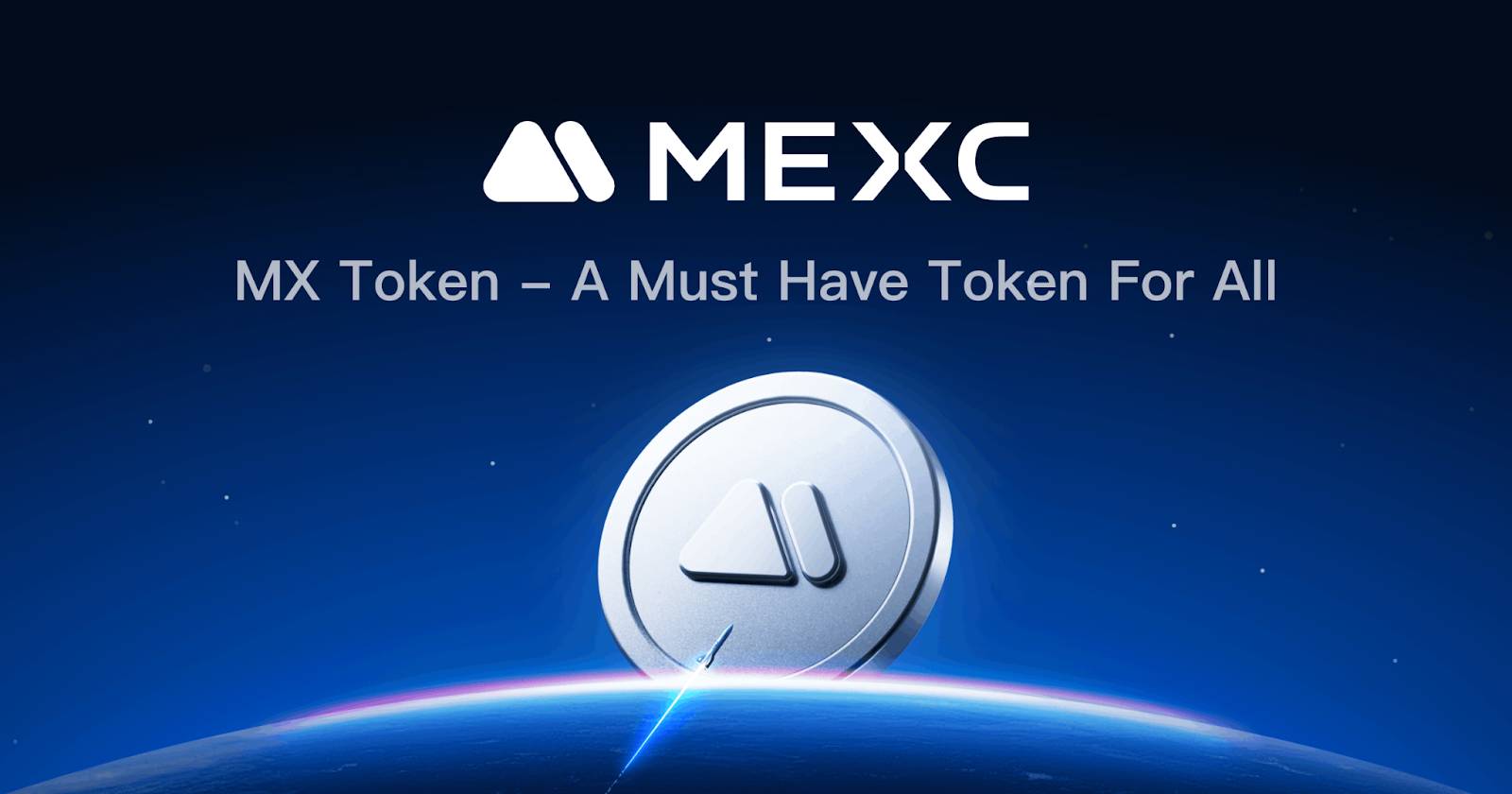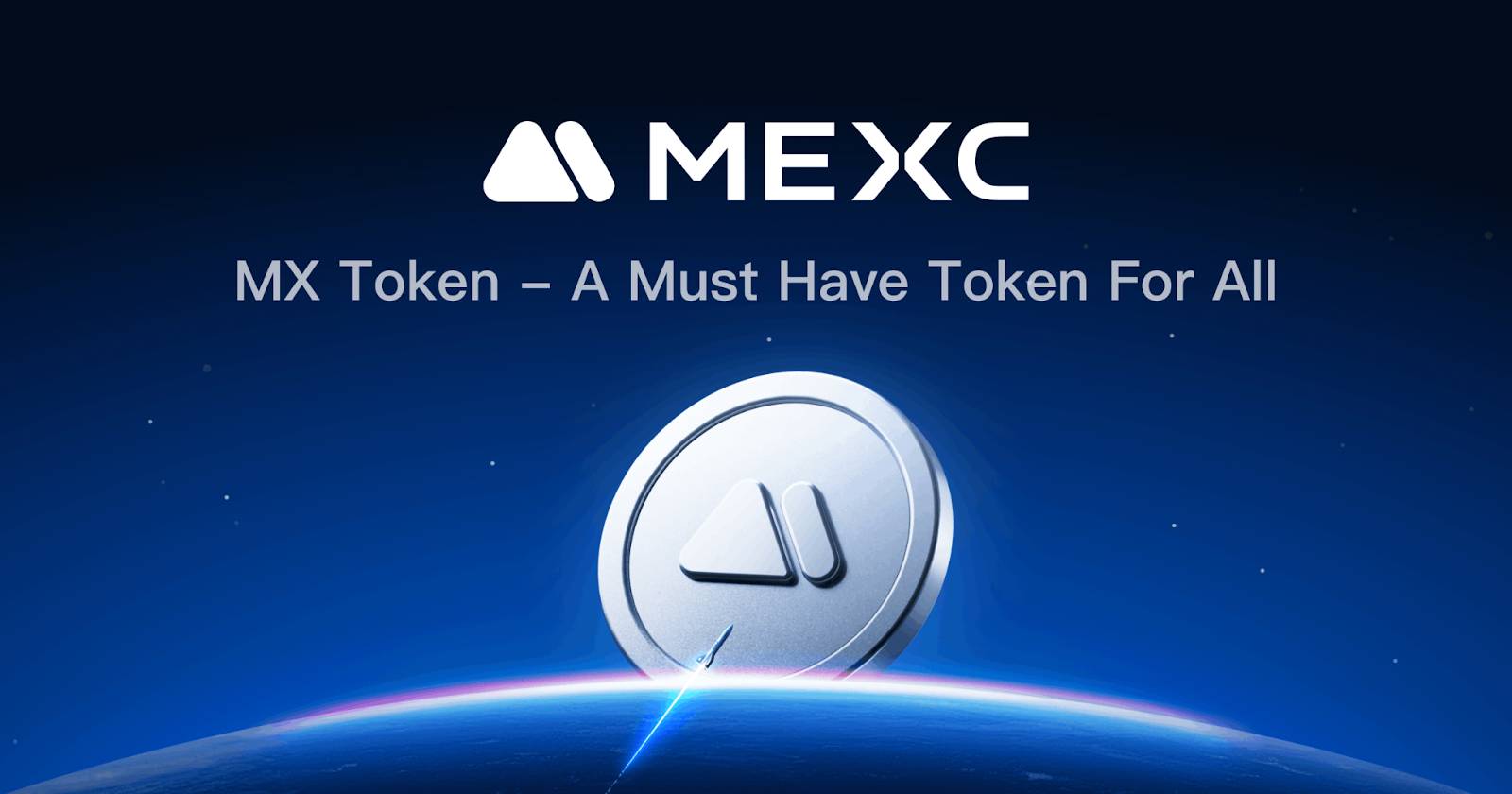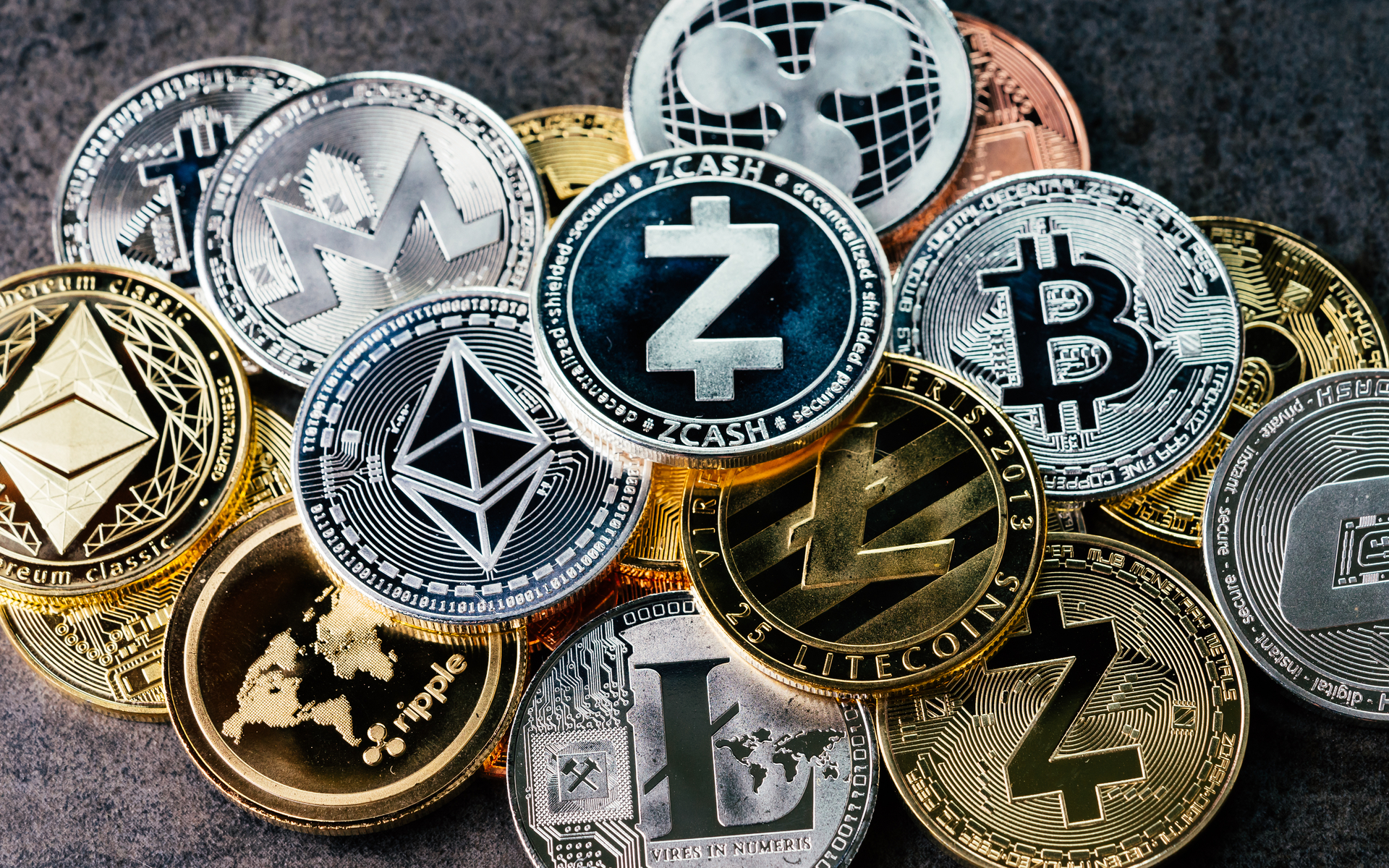 DA 50+ Guest Posts – Get Featured on Real Authority Blogs!
DA 50+ Guest Posts – Get Featured on Real Authority Blogs!
Ethical Implications of $TRUMP Coin in Politics and Crypto
Written by Crypto Guru » Updated on: May 27th, 2025

The rise of cryptocurrencies has introduced a new dimension to political campaigns, financial systems, and public engagement. One of the most controversial developments in this space is the launch of $TRUMP coin, a digital currency tied to former U.S. President Donald Trump. This initiative has sparked considerable debate about the ethical implications of political figures endorsing or even profiting from cryptocurrency ventures. In this article, we will explore the ethical concerns surrounding the $TRUMP coin, particularly focusing on conflicts of interest, regulatory challenges, and public perception.
The Convergence of Politics and Cryptocurrency
Cryptocurrencies have often been seen as a decentralized alternative to traditional financial systems. Over the years, political figures have increasingly embraced digital currencies for fundraising, outreach, and, in some cases, personal financial gain. Donald Trump’s involvement with $TRUMP coin is a significant example of this trend.
Launched by Trump’s supporters and closely tied to his brand, $TRUMP coin uses the former president’s name and political influence to attract attention and investment. The coin operates within a broader context of political figures engaging with the cryptocurrency market, whether for fundraising purposes, digital innovation, or political branding.
However, the fusion of cryptocurrency and politics raises serious questions. Unlike traditional forms of political fundraising, cryptocurrency transactions are often anonymous and can be subject to minimal oversight. This creates a grey area in which political leaders can engage with financial markets in ways that are not immediately visible to the public or regulators.
Conflicts of Interest: Blurring the Line Between Personal and Political
One of the most pressing ethical concerns surrounding $TRUMP coin is the potential for conflicts of interest. For any political leader, the ethical standard is that personal financial interests should not interfere with official duties. However, by promoting a digital asset like TRUMP coin, which directly benefits Trump’s political brand, questions arise about whether personal profits could influence policy decisions or actions.
This situation is further complicated by the direct association between Trump’s name and the coin, raising concerns about the use of public office for personal financial gain. Critics argue that by endorsing a cryptocurrency for which he may directly profit, Trump is crossing a line that undermines public trust in political institutions. While Trump has denied any direct financial benefit, the association between his political influence and the coin’s value raises valid concerns about transparency and accountability.
The potential for other political figures to adopt similar strategies only compounds these worries. The $TRUMP coin may be just the beginning of a broader trend of political figures integrating digital currencies into their campaigns or personal portfolios, making it an urgent issue for policymakers to address.
Regulatory Oversight: Navigating Uncharted Waters
Unlike traditional financial assets, cryptocurrencies like $TRUMP coin are still largely unregulated in many jurisdictions. This lack of oversight creates an environment where political figures can launch and profit from digital currencies with minimal legal restrictions. The absence of regulations around crypto endorsements by public figures only adds to the ethical dilemma.
Regulatory bodies have struggled to keep pace with the rapid growth of the cryptocurrency market. In the case of $TRUMP coin, it is unclear whether the coin would be subject to existing campaign finance laws, which regulate the way politicians raise and spend funds. Traditional laws on political donations are often ill-equipped to handle the decentralized and anonymous nature of cryptocurrencies, leaving significant gaps in enforcement.
Some legal experts suggest that current regulations may need to be expanded to address digital currencies in political fundraising. For example, the introduction of the MEME Act, a proposal aimed at curbing the influence of meme coins and crypto endorsements in politics, could serve as a model for future legislation. This would impose stricter regulations on politicians’ involvement in crypto ventures, aiming to prevent conflicts of interest and undue influence.
Public Perception: Trust, Loyalty, and Profit
Public perception plays a crucial role in the ongoing ethical debate surrounding $TRUMP coin. On one hand, supporters of Trump view the coin as a way to demonstrate loyalty and support for his political agenda. The coin functions as a digital “badge” of support, offering fans a chance to engage in the political process in a new and innovative way. For these individuals, the coin represents not only a financial investment but also a political statement.
On the other hand, critics argue that the coin could be seen as exploiting Trump’s political influence for personal gain. The idea of political figures profiting from their supporters’ investments raises ethical questions about the nature of loyalty and the role of money in politics. Some may argue that using a currency tied to a political figure is tantamount to commercializing political support, turning political allegiance into a marketable commodity.
The volatile nature of cryptocurrencies only exacerbates these concerns. As the market for meme coins, including $TRUMP coin, is known for its fluctuations, it is likely that many supporters could face financial losses. The lack of consumer protections in the crypto space further complicates matters, leaving many investors vulnerable to market manipulation or loss of value without recourse.
As seen with other cryptocurrencies like Bitcoin, which is often referred to as a digital store of value, volatility is part of the game. However, without a clear understanding of what these coins represent or how they operate, many uninformed investors may be lured in by the promise of financial returns without fully comprehending the risks involved. What does Bitcoin look like may provide a better understanding of the crypto market’s speculative nature, which could benefit investors seeking more knowledge.
The Ethical Debate: Supporters vs. Critics
The $TRUMP coin has sparked a wide range of opinions. Supporters argue that the coin is a natural extension of Trump’s brand and influence in the digital age. They see it as an innovative way to engage his base and provide them with a tangible, financial means of supporting his political objectives. Proponents also highlight the benefits of cryptocurrencies, including decentralization and the opportunity to democratize finance.
Critics, however, see the coin as a troubling development that undermines the ethical standards of politics. They argue that the blending of personal and political finances creates a conflict of interest that is not only unethical but potentially illegal. The rapid rise of the coin’s market capitalization and its subsequent volatility raise concerns about speculative investing and the risk of market manipulation, particularly when political figures are involved.
Legal experts warn that the involvement of politicians in cryptocurrency markets could set a dangerous precedent, with the potential for other figures to exploit their positions for personal gain. As cryptocurrencies continue to rise in popularity, it becomes increasingly important for policymakers to address the ethical and legal challenges they present.
The Future of Political Engagement with Cryptocurrency
The $TRUMP coin represents a fundamental shift in how political engagement may occur in the future. The increasing use of digital assets for fundraising, political branding, and even as a means to show support introduces both opportunities and risks. While cryptocurrencies provide new ways to democratize financial systems and empower voters, they also open the door for potential abuse and exploitation.
As political leaders increasingly embrace digital currencies, the need for clear, transparent regulations will only grow. The $TRUMP coin case highlights the potential for political figures to capitalize on their influence, but it also underscores the need for legal frameworks that can address the unique challenges posed by cryptocurrencies.
In the case of $TRUMP coin, the broader implications for political trust and ethical standards cannot be ignored. The fusion of political branding and digital currencies, while innovative, raises difficult questions about transparency, accountability, and the potential for financial gain at the expense of public trust. Trump coin is a symbol of this emerging trend and a cautionary example of the ethical risks that come with it.
Conclusion
The $TRUMP coin highlights the ethical complexities that arise when politics and cryptocurrency intersect. While it offers a unique way for political figures to engage with their supporters, it also raises serious questions about conflicts of interest, regulatory oversight, and the influence of money in politics. As cryptocurrencies continue to grow in popularity, it is crucial that lawmakers address the potential ethical pitfalls to ensure that digital currencies do not undermine the integrity of political systems. The future of political engagement in the crypto space will likely depend on how these challenges are addressed in the coming years.
The $TRUMP coin case serves as a cautionary tale, demonstrating that the convergence of politics and cryptocurrency is not without its risks. As the regulatory landscape evolves, it will be essential to balance innovation with accountability to preserve public trust and protect the integrity of political institutions.
Note: IndiBlogHub features both user-submitted and editorial content. We do not verify third-party contributions. Read our Disclaimer and Privacy Policyfor details.
Copyright © 2019-2025 IndiBlogHub.com. All rights reserved. Hosted on DigitalOcean for fast, reliable performance.
















